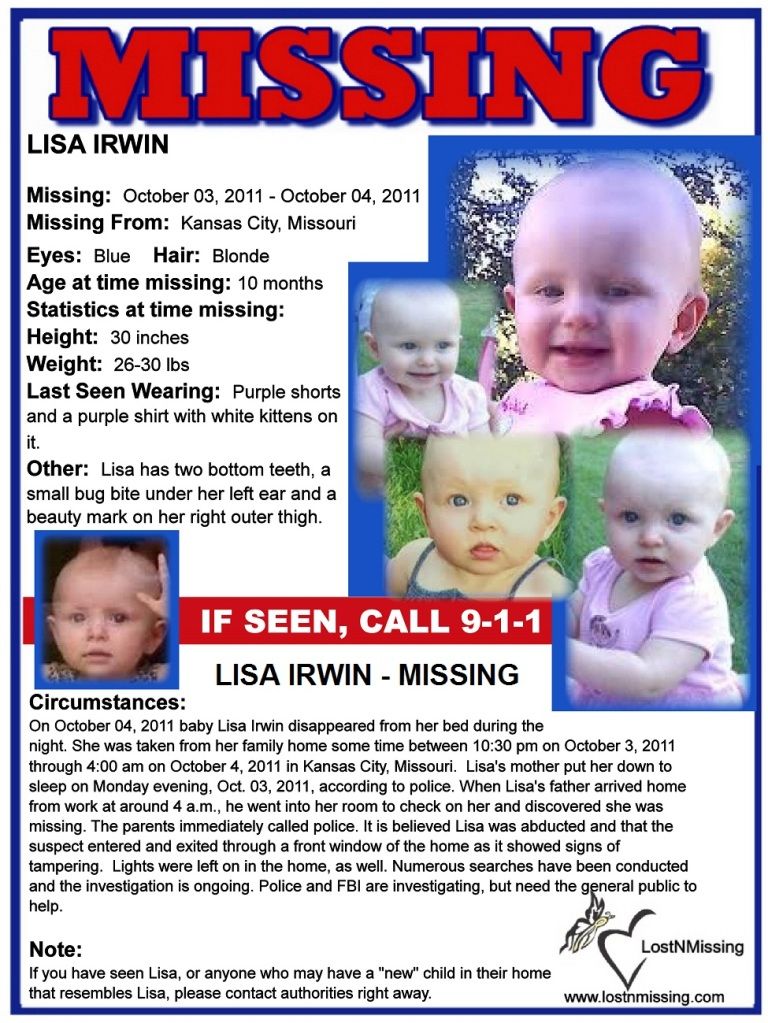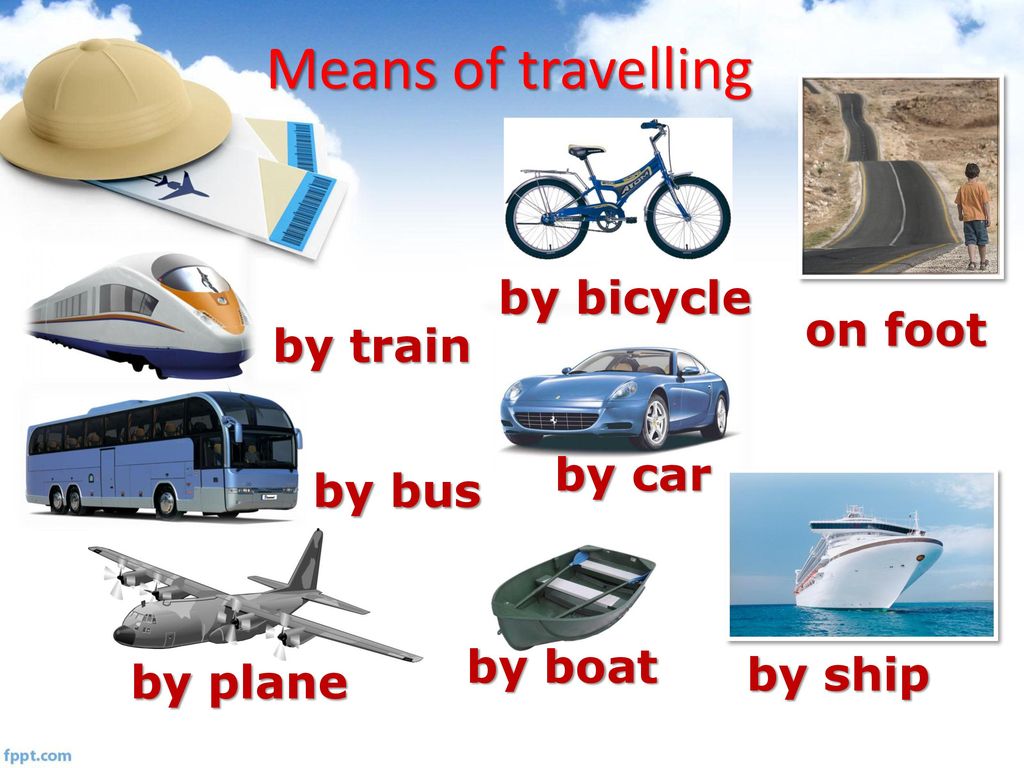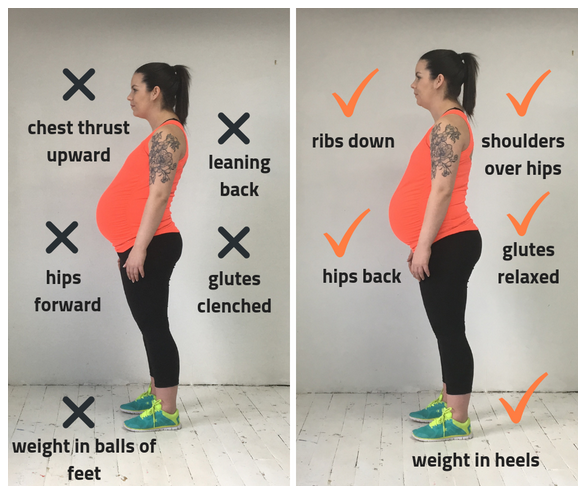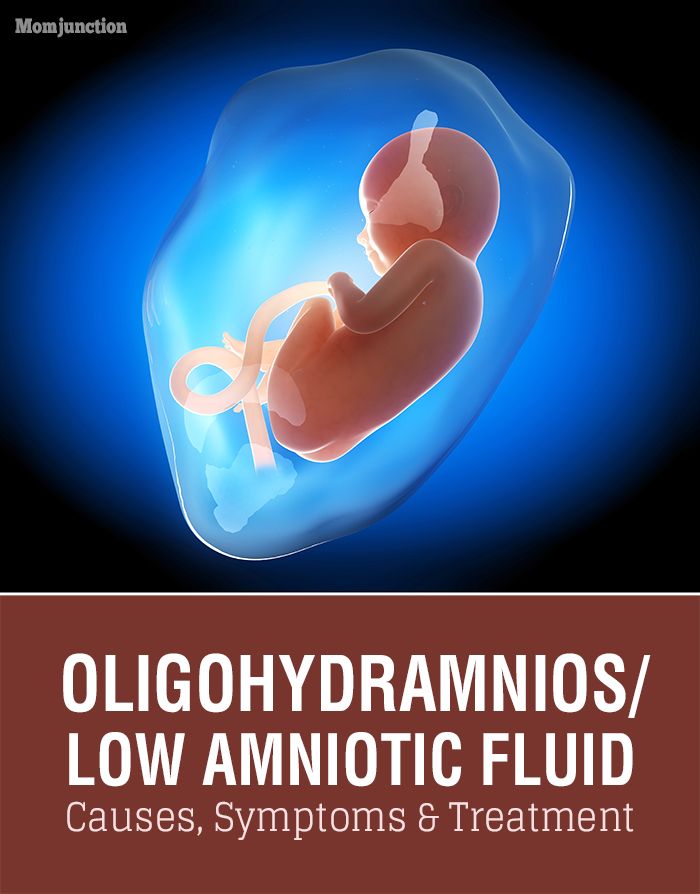How to adopt a child with an absent parent
How to Adopt your Stepchild when the Father is Absent (Answered by a Local Expert)
How to Adopt your Stepchild when the Father is Absent
Adoption can be a riveting, yet anxious time for potential parents. Stepparent adoption doubly so – it can be frustrating because you see your stepchild as one of your own. Legally claiming your stepchild has its own set of unique challenges.
Here, I have put together a short guide on what to look out for when adopting your stepchild.
Are you ready?
First and foremost, I would recommend taking a long look at your current relationship with your stepchild. Adopting your stepchild means you become the new legal parent – that entails all of the legal rights that come with parenthood.
The advantage to adoption is immediately obvious, as it provides you with the legal rights to make decisions on the child’s behalf. Adopted children are considered equal with biological children, which means they have all the rights to your estates and property.
These responsibilities don’t end at any point either. If in the unfortunate incident, you become divorced, you are required to upkeep all the responsibilities that typically come with parenthood – including child support
What about the biological father?
The Clearwater Law Group, who are Kennewick Family Law Attorneys with many years of expertise in family law, say that even if the biological father is not exercising any of their parental rights or responsibilities, that person is still considered the legal parent.
This means that before you even file for adoption, you need to get the address of the missing father. The biological father is required to sign off their rights – in doing so they forfeit all claimants to their child.
In the case where there is no address available, you must exhaust all possible options in searching for the biological father. This includes web searches, records request from local, state, and federal government, and contact with their friends and family.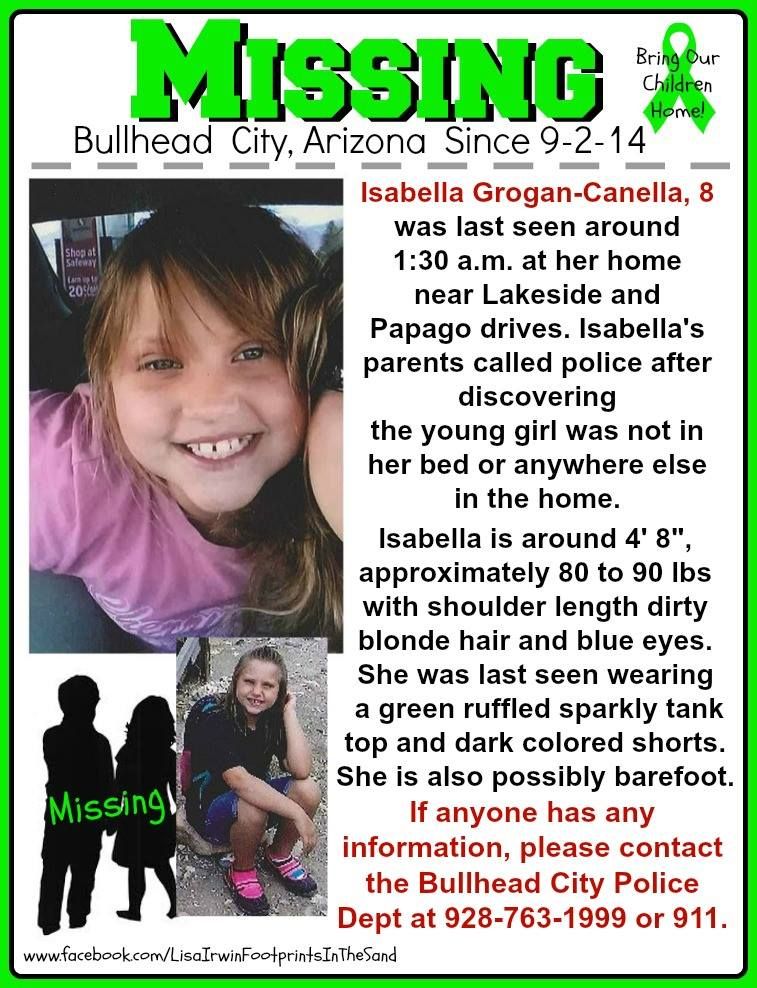
Documentation at every level of your search is required. If a judge or magistrate doesn’t believe you are putting in the necessary effort, they can delay or even dismiss your case.
In the case that the biological parent is deceased, the only thing that is required to go forward is to have a death certificate of the parent.
What if the biological father does not consent?
This can wreck a potential adoption. In order to proceed, the biological father must be considered an unfit parent or have committed abandonment by the courts. Documentation of the child’s life for up to a year or more might be required to prove this.
If you believe the other parent will refuse to consent or has already refused, it is best to get into contact with a family law lawyer. An experienced attorney can navigate the stormy waters of state law better than anyone else and come to a resolution.
What paperwork do I need to file?
At a minimum, I would recommend the child’s birth certificate, your marriage documents, and the original parent’s divorce documents if applicable. Other paperwork that will be necessary will be any documentation relating to the missing father.
Other paperwork that will be necessary will be any documentation relating to the missing father.
Being the adoptive parent you will have all rights to the child’s property and income. This means you will need documentation related to social security payments, trust funds, lawsuits, and deeds on tangible property and land.
Much of the paperwork and documentation you are filling out will require a notary. If you don’t have someone you know, the court can provide you with a notary for a small standard fee.
What else do I need to know?
Being the stepparent, you are exempt from many of the requirements that most adoptive parents have to go through. For instance, most states do not require a lawyer or a home study for stepparent adoption. Nonetheless, there are still a few stipulations for stepparent adoption.
According to the Child Welfare Information Gateway (CWIO), approximately 44 states and the District of Columbia require that potential foster parents complete a course of orientation and training prior to acceptance. A stepparent often requires the same credentials.
A stepparent often requires the same credentials.
Adoption fees will also be needed and can vary from state to state. When all is said and done, adoption fees start at around $1500 without a lawyer. Courts do have a way of waving some of the fees for lower-income individuals.
LGBT couples need to pay extra special attention to adoption procedures. According to the National Center for Lesbian Rights most states allow for LGBT step parents the same rights as heterosexual parents, but a few do not.
Finalizing the Adoption
After you have submitted all the forms necessary, a court hearing will be assigned. This typically can be anywhere from a couple weeks to a few months depending on your location. In stepparent adoptions, this court hearing is often waived.
If it isn’t, don’t despair! Often, these court dates are fairly routine. The judge or magistrate will question you and everyone living at your residence. In case of older child adoptions, a proof of consent form will be needed from them.
A social worker will be in contact to visit periodically and check on how the adoption is going. After a certain period of a time, a final hearing is scheduled. After the adoption certificate is issued, you can apply for a birth certificate for your new child.
The entire process from start to finish can take an entire year or more. It may be a lengthy process, but your patience will surely pay off. Soon you will have the ability to call your stepchild legally your own!
Stepparent Adoption Laws | Nolo
Information on stepparent adoption laws, birth parent consent, and terminating parental rights.
Stepparent adoption is a formal court process that allows a biological parent's spouse to adopt the spouse's child. Stepparent adoption procedures and requirements are dictated by state law. Although every state's laws are different, it's helpful for anyone who's considering a stepparent adoption to become familiar with the basics of the process outlined below.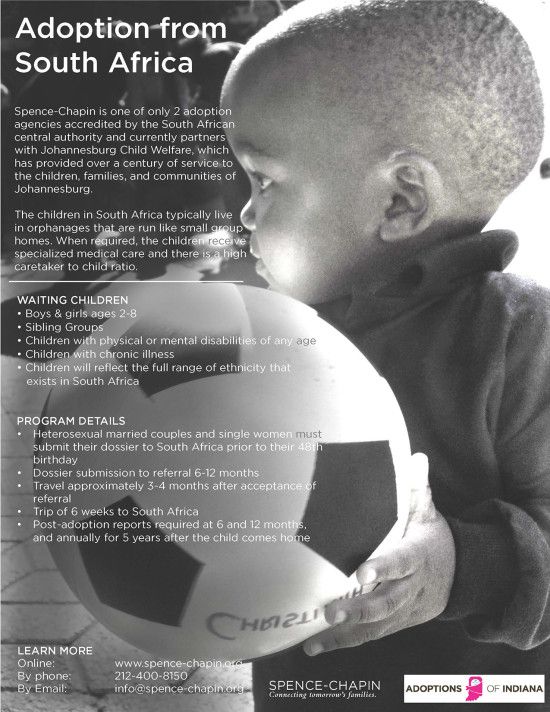
- Stepparent Adoption With Parental Consent
- Stepparent Adoption Without the Other Parent's Consent
- The Child's Consent to Adoption
- Stepparent Adoptions and Same-Sex Marriage
- Stepparent Adoption Procedure
Stepparent Adoption With Parental Consent
Many states require the consent of both parents—the custodial spouse and the parent who doesn't have custody of the child—to proceed with a stepparent adoption. Obtaining the noncustodial parent's consent is often the biggest hurdle in stepparent adoptions.
Ideally, the noncustodial parent will agree to the adoption: Some biological parents consent to the adoption because they recognize it's in the child's best interest. Others might agree because it will extinguish their obligation to pay child support once the adoption is final.
However, it's often challenging to get a noncustodial parent to consent to adoption because this means giving up all rights to a child. Generally, a complete termination of parental rights means the parent:
- loses the power to make any and all decisions for the child
- gives up all visitation rights and can no longer see or spend time with the child, and
- gives up the right to communicate with the child.
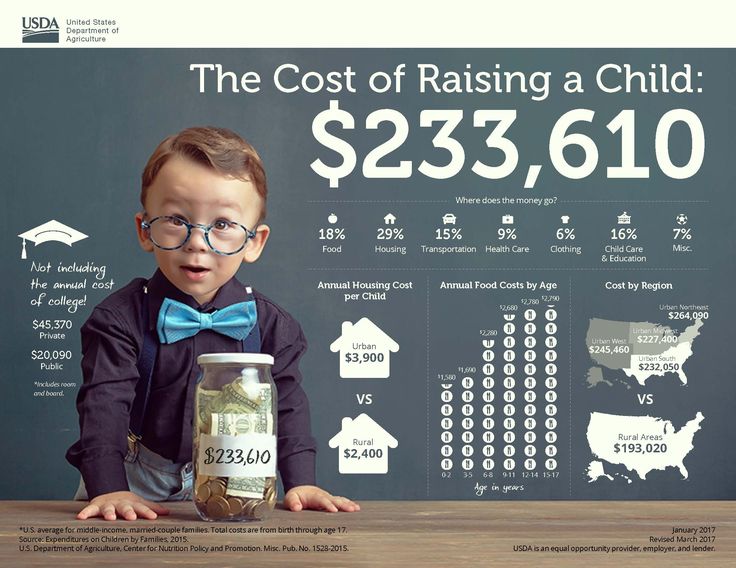
If you have trouble reaching an agreement, or the other parent won't consent, you will need to ask the court to terminate the other parent's rights. The judge will not allow the adoption to proceed unless there's a valid reason to terminate parental rights, like abandonment, unfitness, or a history of child abuse.
Stepparent Adoption Without the Other Parent's Consent
If your child's other parent will not consent to the adoption, or if you can't locate the parent, you can ask the court to terminate the parental rights of the other parent. The court's primary concern is what's best for the child. How to demonstrate that stepparent adoption is best for your child depends on the facts of your case. However, because termination of parental rights is absolute, the burden of proof is very high, and the court will only allow the adoption to proceed if it's certain that it's best for the child.
Courts will often terminate the rights of the noncustodial parent in situations where the parent has abandoned the child or is unfit to be a parent.
Abandonment
You might feel hopeless during the adoption process if the other parent is absent and you can't obtain consent. However, the stepparent adoption process can continue if you can prove that the parent hasn't had contact with the child or hasn't exercised parental rights for the child. Every state's abandonment laws vary, but most states require at least one year to pass where the parent has failed to support or communicate with the child. In cases where the parent pays child support, but doesn't see the child or exercise any other parental rights, the termination process might be more complicated.
Paternity Issues
If the absent parent is male, you can terminate his rights if you can prove to the court that he is not the child's biological parent. Every state has varying laws regarding who is presumed to be the biological parent, so it's critical to understand your state's laws. For example, in many states, if an opposite-sex couple is married when the child is born, the court automatically presumes that the woman's husband is the father, so the child's birth certificate will reflect that the husband is the biological father. If it's later revealed that the presumption is incorrect, the parent will need to officially rebut the presumption using procedures required by state law.
If it's later revealed that the presumption is incorrect, the parent will need to officially rebut the presumption using procedures required by state law.
When you can demonstrate that the other parent doesn't meet your state's requirements for presumed parenthood, the court can terminate that parent's rights, and you can move forward with your stepparent adoption. However, if the other parent objects and presents evidence that the presumed parenthood is accurate, a court will likely not terminate the parental relationship. Instead, you'll need to either work with the parent to get their consent, or prove that there's another reason why the parental relationship should be terminated, such as abandonment, unfitness, or any other reason recognized by state law.
Parental Unfitness
If the other parent has a history of child abuse, is addicted to drugs or alcohol, or is incarcerated, the court will conduct a hearing to determine if it's in the child's best interest to allow that parent continue to exercise parental rights. In these types of cases, if the prospective stepparent is stable and committed to providing the child with a better life, the court might terminate the other parent's rights and allow the stepparent adoption to continue.
In these types of cases, if the prospective stepparent is stable and committed to providing the child with a better life, the court might terminate the other parent's rights and allow the stepparent adoption to continue.
Often, because proceeding with a stepparent adoption without the other parent's consent can be challenging, adopting parents choose to hire an attorney to help them present their case to the court.
The Child's Consent to Adoption
In addition to getting one or both parents' consent to a stepparent adoption, you might need to get the child's consent. Most state laws require consent of older children (starting at age 10 to 14, depending on state law). For example, in Colorado, people 12 years old or older must give written consent to be adopted. (Colo. Rev. Stat. § 19-5-203(2) (2022).)
Stepparent Adoptions and Same-Sex Marriage
Married same-sex couples in all states have the same rights to stepparent adoption as opposite-sex married couples.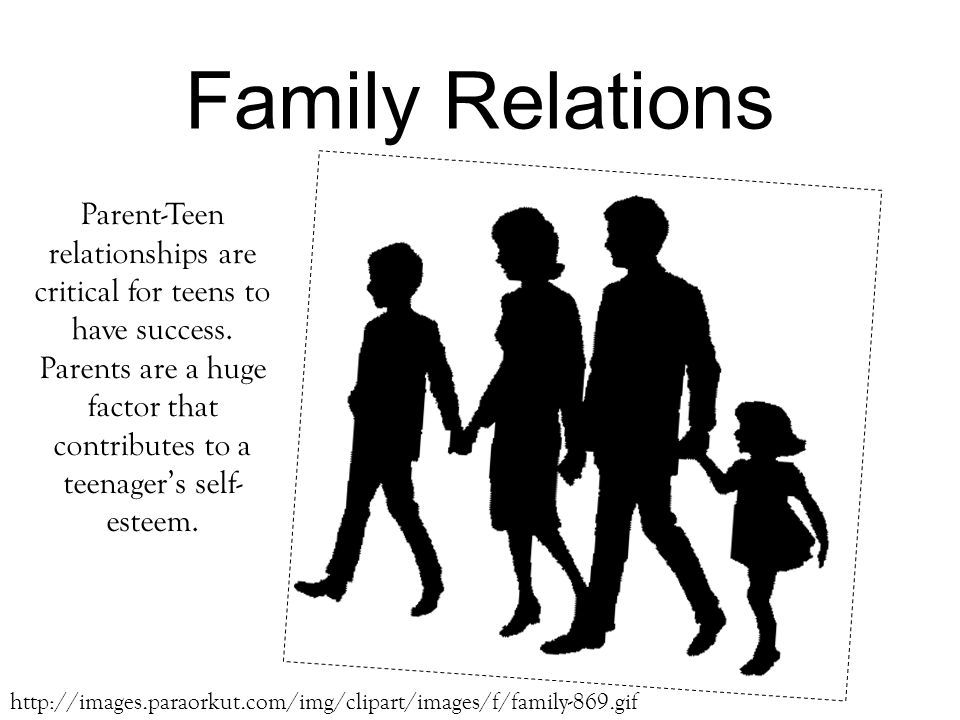 Also, most states that recognize domestic partnerships or civil unions also grant partners in these relationships the same stepparent adoption rights as married couples. For example, in California, a domestic partners are eligible for stepparent adoptions (Cal. Fam. Code § 9000(a)), and in Illinois civil union partners are eligible for stepparent adoptions (750 Ill. Comp. Stat. § 50/2(A)(a) (2022).)
Also, most states that recognize domestic partnerships or civil unions also grant partners in these relationships the same stepparent adoption rights as married couples. For example, in California, a domestic partners are eligible for stepparent adoptions (Cal. Fam. Code § 9000(a)), and in Illinois civil union partners are eligible for stepparent adoptions (750 Ill. Comp. Stat. § 50/2(A)(a) (2022).)
It's common for same-sex couples to have children using sperm or egg donors, and the donors typically sign away parental rights, which eliminates the sometimes monumental task of obtaining consent in a stepparent adoption.
Stepparent Adoption Procedure
As a first step in the stepparent adoption process, you'll want to contact the clerk of the court in your area to find out what paperwork is needed to file a petition for stepparent adoption. Because stepparent adoptions are the most common form of adoption in the United States, courts often have standard forms to use. Once you've prepared and filed the appropriate forms, the court might set an initial hearing. However, many courts waive the initial hearing in stepparent adoptions.
However, many courts waive the initial hearing in stepparent adoptions.
Next, you might be required to have a home study. Home studies—when a social worker comes to the potential parent's house and evaluates the fitness of the family, among other things—are required in most adoptions. However, many states waive the home study requirement for stepparent adoptions.
The last step will be to attend the final adoption hearing. The judge will likely ask the parents a few brief questions, and might also ask the child being adopted a few questions, if appropriate. The judge will issue an order finalizing the adoption, and you'll receive an adoption certificate. If you've requested the child's name to be changed as part of the adoption, the new name will be reflected on the certificate.
After the adoption is final, the parents can apply for a new birth certificate with the adoptive parent's name listed in the biological parent section.
When can biological parents take an adopted child?
I am raising an adopted daughter and now I am afraid that one day she too will be taken away.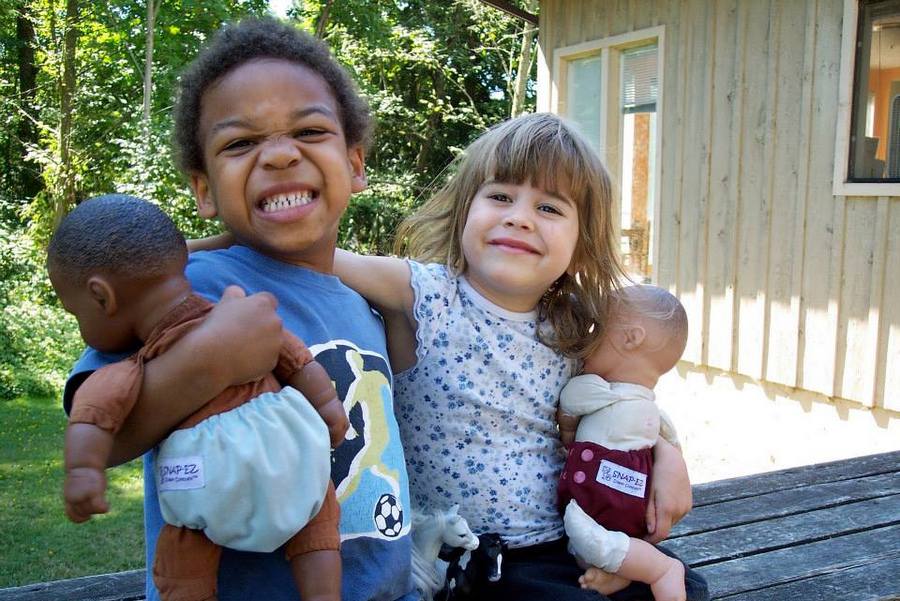 Does this really happen?
Does this really happen?
Tamara Skokova
Custody and guardianship specialist
Author's profile
In short: yes, the law allows for situations where this is possible. But in life, such cases are extremely rare.
For a foster family, biological parents are always a risk factor. A natural mother or father can be released from prison or recover from alcoholism and try to restore parental rights in order to return the child.
But this does not mean at all that the child will definitely be taken away from foster parents. The outcome of such disputes depends on the form of placement of the child in the family - guardianship, guardianship, foster family or adoption, - the opinion of the minor, as well as the behavior and lifestyle of the adoptive parents.
I will tell you in detail and with real life examples in which cases adoptive parents risk losing a child, and in which cases they have nothing to fear.
How to Raise Kids Without Going Broke
The best resources on how to cope with parenthood and get the most out of the government are every Tuesday in your inbox.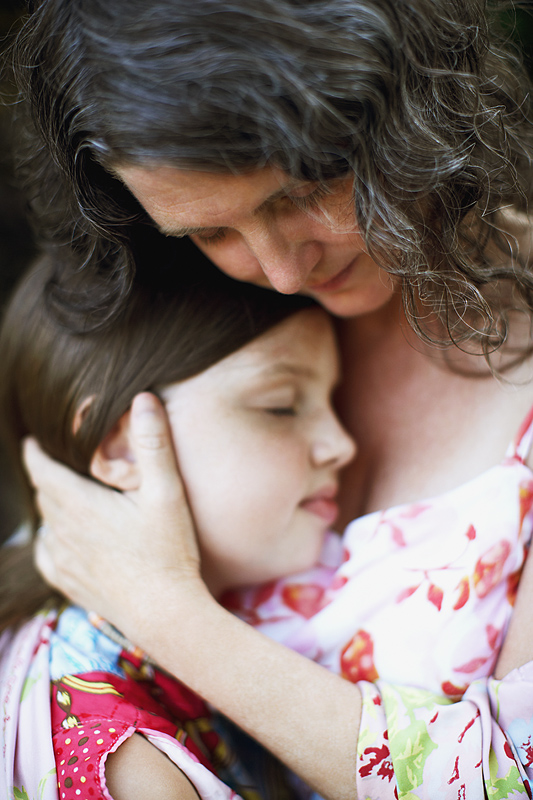 Free of charge
Free of charge
Who is safer to take into a family - an orphan or a child left without parental care
The law divides minors who can get into a foster family into orphans and children left without parental care.
A child is recognized as an orphan, if his only or both biological parents have died. Often, foster mothers and fathers want to take just such a child into the family. They usually reason like this: "Since he is an orphan, he will be able to avoid communication with his blood relatives."
Part 1 Art. 1 of Law No. 159-FZ
But the fact is that even if a child’s biological parents died, close relatives could remain: brothers and sisters, grandparents, aunts and uncles. They have priority right to pick up the child. If they don’t want or can’t, then they write a refusal. In this case, the guardianship authorities begin to look for foster parents for the minor.
Relatives cannot change their mind. They have already signed refusal documents - no one will give them a second chance. If they wish, they will have the opportunity to communicate with the child, but only if someone has taken the minor under guardianship, guardianship or in a foster family. But if a child is adopted, blood relatives will be forbidden to even approach him.
If they wish, they will have the opportunity to communicate with the child, but only if someone has taken the minor under guardianship, guardianship or in a foster family. But if a child is adopted, blood relatives will be forbidden to even approach him.
A child left without parental care has parents. But they cannot educate him for various reasons:
- Parents have been deprived or restricted in their parental rights.
- The court declared the parents absent, incompetent or declared dead.
- Parents avoid raising children or do not protect their rights and interests.
- Single parent or both unknown.
- Parents are in custody due to suspicion or accusation of a crime, or are serving a sentence in prison.
/guide/lishenie-parent/
Why parental rights can be terminated
If a foster mother and father take a child left without care into the family, then, at first glance, it seems that they are at greater risk: the biological parents may be reinstated and demand the return of the child. But these are very rare cases: for 17 years of work in the guardianship and guardianship authorities, I have come across this only three times.
But these are very rare cases: for 17 years of work in the guardianship and guardianship authorities, I have come across this only three times.
In fact, the question of security is not who to take - an orphan or a child left without parental care. And in what form of placing a child in a family to choose: guardianship, guardianship, foster family or adoption. I will talk about this further.
/usynovlenie/
How to adopt a child
Why sometimes blood parents still want to return the child
As I have already said, usually blood relatives do not remind of themselves in any way and even avoid communication with their children, who were taken by foster parents. But in very rare cases, a mother or father may suddenly appear in a child's life.
Sometimes this is dictated by the most sincere motives. I had such a case. The mother of six children took to drink, and the guardianship authorities, together with the prevention authorities, took the children to an orphanage. For six months, nothing has changed, and the woman was deprived of parental rights. Only then did the mother finally understand what was happening and reacted as it should: she stopped drinking, got a job, changed her housing to a more comfortable one. Thanks to this, within another six months, her parental rights were restored - and she returned the children.
For six months, nothing has changed, and the woman was deprived of parental rights. Only then did the mother finally understand what was happening and reacted as it should: she stopped drinking, got a job, changed her housing to a more comfortable one. Thanks to this, within another six months, her parental rights were restored - and she returned the children.
Unfortunately, such cases are very rare. Another category of blood parents is much more common. They are deprived of parental rights because of an asocial lifestyle: they do not work, they drink, they treat children cruelly. They live on child benefits, rely on maternity capital, enjoy benefits for large families and do not want to lose this money and privileges.
/guide/troubled-family/
Which families are considered dysfunctional
My experience is that if a natural mother or father has not regained parental rights within six months, without good reason, then in the future it will be exclusively mercenary motives.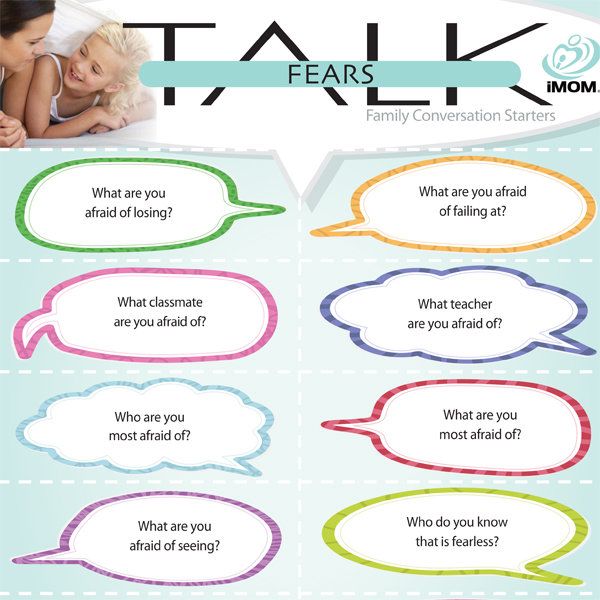
For example, I came across this situation. The woman was deprived of parental rights. The foster family took custody of her 12-year-old daughter. The woman regularly called the girl - the guardians were not opposed - she promised to restore her rights and take her away.
Later it turned out that the mother, under various pretexts, asked her daughter to lure money from her guardians and give it to her. If the amounts were small, then she insisted that the girl steal valuable things and equipment from the house and give it to her while the foster parents were not at home. All this under the pretext that she needs money to restore her parental rights.
As a result, the guardians refused custody - they referred to the complete lack of understanding between them and the child. The girl returned to the orphanage. Her own mother never took her away.
When adoptive parents have nothing to fear
If they have adopted a child. Only adoption allows you to protect the interests of both the child and the adoptive parents as effectively as possible.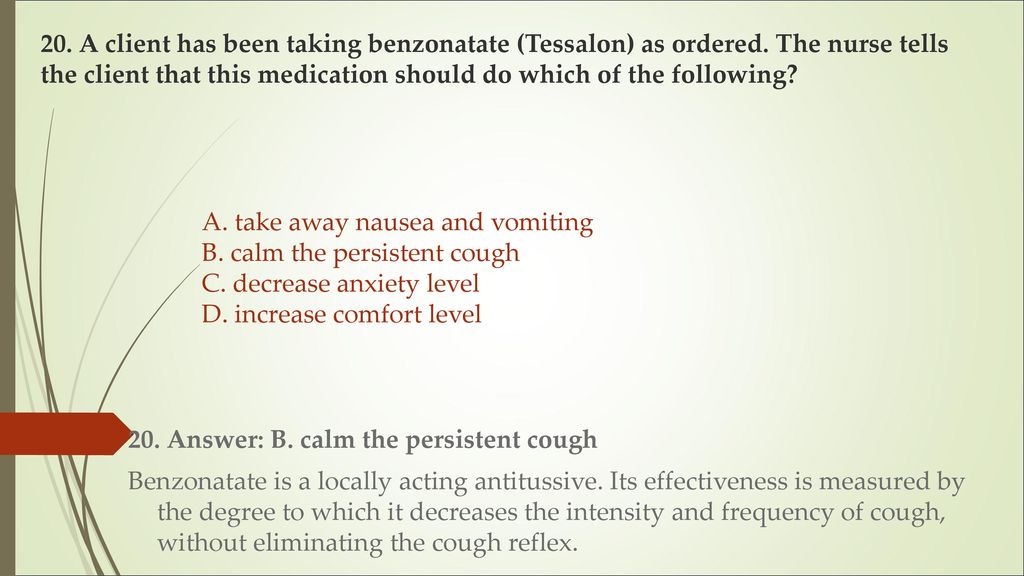 Adoptive parents completely replace the child's parents: their rights become identical to the rights of blood parents.
Adoptive parents completely replace the child's parents: their rights become identical to the rights of blood parents.
And if one day the natural mother or father goes to court to restore their rights and return the adopted child, they will be denied.
Section 4, Art. 72 SK RF
Adopted children are under serious protection: from the moment of a court decision, under the threat of criminal liability, no one has the right to say where and by whom the child was adopted. The secret of adoption was written in detail in another article in Tinkoff Magazine.
If a child older than ten says that he does not want to return to his family. In cases where the interests of a ten-year-old child are affected, the court or guardianship and guardianship authorities cannot make a decision that contradicts his opinion.
Art. 12 of the Convention on the Rights of the Child
So, without the consent of a child who has reached the age of ten, it is impossible:
- Restore the birth parents in parental rights.

- Adopt a child.
- Change his last name, first name and patronymic.
- Place a child under guardianship and guardianship.
Art. 57 SK RF
However, you need to understand: the child does not take the side of the adoptive parents just like that. The basis of this choice is warm, trusting, friendly relations between the minor and his new family.
I'll tell you right away about younger children. If the child is not yet ten years old, the court may take into account the opinion of the minor and, for example, refuse to restore parental rights to the mother if this is contrary to the interests of the child.
Section 4, Art. 72 SK RF
However, sometimes the court may ignore the opinion of a child under ten years of age. For example, he may love his own mother very much and wish to return to her. But if she does not work, drinks, begs and does not have a permanent home, then the court will leave the child in an orphanage or with guardians / trustees, because she believes that this will be better for the child.
In what cases are foster parents at risk of losing a child?
Usually, the child's relatives: grandparents, aunts, uncles, provide guardianship or guardianship. Therefore, as a rule, there are no problems with the return of the child to the family: he is already in the family.If strangers to the child become guardians and trustees, then they usually do this with the goal of adopting a minor in six months - then there will be nothing to be afraid of.
The fact is that the law allows the adoption of a child whose parents were deprived of parental rights, not immediately, but only six months after the court decision was made to deprive the natural parents of parental rights. Most likely, this is how legislators tried to give unlucky parents a chance to have time to fix everything.
para. 6 art. 71 SK RF
This is an exciting time for guardians or trustees: blood relatives can really show up and try to pick up the child. This risk will persist until the child is 18 years of age unless the guardians or trustees in principle plan to adopt the child.
In addition to such forms of arrangement as guardianship, guardianship and adoption, there is also a foster family. Usually this is a large family, which can have up to eight children. Parents receive remuneration for their work and allowance for children.
/guide/big-family-bonuses/
What state awards can a large family receive
There are also risks from blood relatives, but adoptive parents have their own motives. Often they believe that this form of placement is in the interests of children, since upon reaching the age of majority, each child will receive housing from the state.
If the adoptive parents do not perform their duties well. In the family of adoptive parents, as in any other, trouble can happen. And the mother or father, who initially performed their parental duties well, will stop caring for children. In such a case, the adoption may be cancelled.
This is possible if the child's blood relatives, guardianship and guardianship authorities or the prosecutor prove that the adoptive parents:
- Avoid their duties, for example, do not provide housing, food, do not create safe conditions for life.

- Abuse parental rights, for example, induce children to beg, vagrancy, prostitution.
- A child is being abused.
- Abuse alcohol or take drugs.
What if the biological parents of a child are unknown
Sometimes the birth mother or father is not known. This happens, for example, when a screaming newborn is found in a box on the street. Or when a woman who has just given birth runs away from the hospital without leaving any information about herself.
In such cases, the birth of a child is registered by the health or guardianship authorities. On their instructions, information about the child's last name, first name and patronymic is entered in the birth certificate record - that is, doctors or guardianship employees decide what to name the baby. In the birth certificate in the column "Parents" there will be a dash.
Art. 19.1 of the Law "On acts of civil status"
As a rule, children with a dash in the certificate are adopted very quickly. I came across candidates who flew over 5,000 kilometers in a matter of days, adopted a baby and immediately flew away with him. Even if the birth parents come to their senses and return after a short time, there will be no chance of returning the child: in such situations, adoptive parents often change the date and place of the child’s birth, so it will no longer be possible to find him.
I came across candidates who flew over 5,000 kilometers in a matter of days, adopted a baby and immediately flew away with him. Even if the birth parents come to their senses and return after a short time, there will be no chance of returning the child: in such situations, adoptive parents often change the date and place of the child’s birth, so it will no longer be possible to find him.
But if adoptive parents choose another form of arrangement - guardianship, guardianship or foster family, then the risks will still remain.
Doctors of maternity hospitals fill out such an act every time when unknown mothers run away and leave newborn babiesBiological parents take a child from a foster family: as it happens
The procedure for transferring a child from an orphanage to a foster family is clearly standardized: collecting documents, issuing an order, transferring a minor adoptive parents. But the reverse process - when a child is removed from a foster family and returned to his own - is not regulated by law. This makes it difficult for both parties.
This makes it difficult for both parties.
It is difficult for biological parents to prove to guardianship that they can raise a child. There are no clear requirements for what documents a mother or father must bring to the guardianship authorities, except for an application for the child to be returned to them. Usually, child care officers simply go to the place where the biological parent lives and assess whether the housing is suitable for the child. That's all.
For guardians, trustees and adoptive parents, this is also an incomprehensible situation. They are the official legal representatives of the child, responsible for him. And if the law is not on their side, then they want to at least understand:
- where they return a daughter or son they love;
- how safe will the child be there;
- will it not turn out that today the child returns to his relatives, and tomorrow they will again become unnecessary.
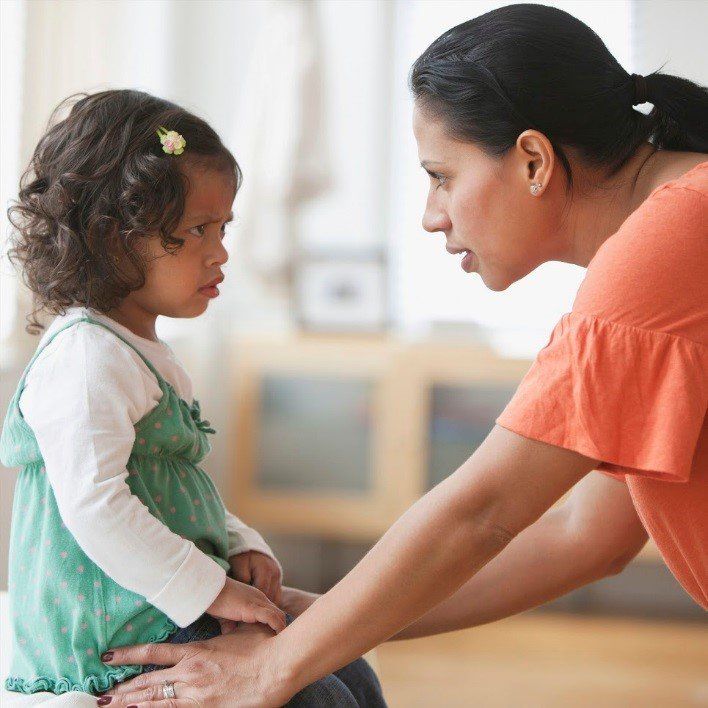
/prava/opecunam/
What rights do guardians have
Unfortunately, the procedure for transferring a child from one family to another is not regulated step by step in any document. The only clarification on this score is in the law on enforcement proceedings. It says that if bailiffs take a child from one family in order to transfer it to another, then a representative of the guardianship authority must be with them, and if necessary, a psychologist. But usually this does not play a special role, because the child has already become close to the adoptive parents and the separation will definitely be painful.
Foster families very rarely assist and help return the child to the birth parents. So, the case that happened in Samara five years ago, when foster parents helped a blood mother who returned from prison and took her daughter, is rather an exception to the rule.
Often this is a psychological trauma for foster parents and especially for children. In order to somehow level it, it is advisable to gradually prepare the child for the transition to the previous family. Perhaps, thanks to regular conversations and meetings with blood parents, he will endure these changes a little more calmly.
In order to somehow level it, it is advisable to gradually prepare the child for the transition to the previous family. Perhaps, thanks to regular conversations and meetings with blood parents, he will endure these changes a little more calmly.
/opeka/
How to take a child into custody
Tips for adoptive parents
If you want to protect yourself from any intersection with the child's blood relatives, then the only possible and safe option is to adopt him. If someday the biological parents try to return a child who has already been adopted, then they will not succeed.
Build a warm and trusting relationship with your adopted child. If someday blood relatives suddenly appear, and a child under ten years old is under guardianship, guardianship or in a foster family, then the court may take into account the opinion of the minor about who and why he wants to stay. And if the child is already ten, his opinion will be decisive.
/child-custody/
I took three children from the orphanage
Be good parents. If the adoptive mother and father do not provide the basic needs of the child for security, housing, nutrition, force him to beg, or abuse alcohol or take drugs themselves, then even the adoption is subject to cancellation.
What to do? Readers ask - experts answer
Ask your question
Title
Title
|
